See our 2025 Liberate AI review for insurance agencies: history, features, latency, integrations, onboarding, compliance, pricing, and pros & cons after its pivot to a broader financial-services focus.


An insurance-agency look at Liberate AI—covering its origins, voice product, onboarding, integrations, compliance, and overall fit for day-to-day agency workflows.
Liberate AI evolved from a claims-automation startup into a custom voice-AI vendor for P&C carriers. While it offers deep professional-services support and bespoke workflows, independent agencies should factor in consulting-heavy onboarding, custom (undisclosed) pricing, and limited AMS connectivity.
Liberate (see liberateinc.com) started in 2022 as a claims-automation platform. In 2024 it introduced a voice product aimed at triaging FNOL calls and routing policy service requests. The company now markets “custom AI agents” for carriers, MGAs, and large broker groups.

Liberate’s main buyers are P&C carriers and large MGAs seeking custom claims or contact-center workflows. Independent agencies can use the platform, but must be comfortable with enterprise-style projects and multi-month implementations.
No public list pricing; all packages are quoted case-by-case.
Liberate has not published latency metrics; demo recordings show brief pauses that sound more robotic than real-time streaming systems. Agencies evaluating outbound use cases should conduct live tests to confirm conversational speed.
Consulting-heavy. Liberate runs discovery workshops, builds custom flows, and deploys integrations over several weeks. One agency that trialed the platform reported cancelling pre-launch when integrations could not be finalised in time. Ongoing changes require professional-services hours or in-house engineering.
Liberate offers custom APIs and webhooks. There are no native AMS connectors (Applied, EZLynx, HawkSoft, etc.). Carriers can connect via internal claims or policy systems; agencies must budget for custom middleware.
Liberate markets SOC 2 certification and GDPR compliance. Carriers may negotiate additional BAAs or state-specific data-handling clauses.
| Pros | Cons |
|---|---|
|
|
Liberate excels in bespoke carrier projects but may feel heavyweight for independent agencies that need quick, turnkey reception and native AMS write-back. Agencies should weigh custom power against longer timelines, higher PS cost, and manual integration overhead.
Comparing options? See how Sonant AI provides an insurance-first receptionist with sub-700 ms latency and out-of-the-box AMS integrations.

Sonant by Bluberry AI.
© 2026 Bluberry AI, Inc. All Rights reserved
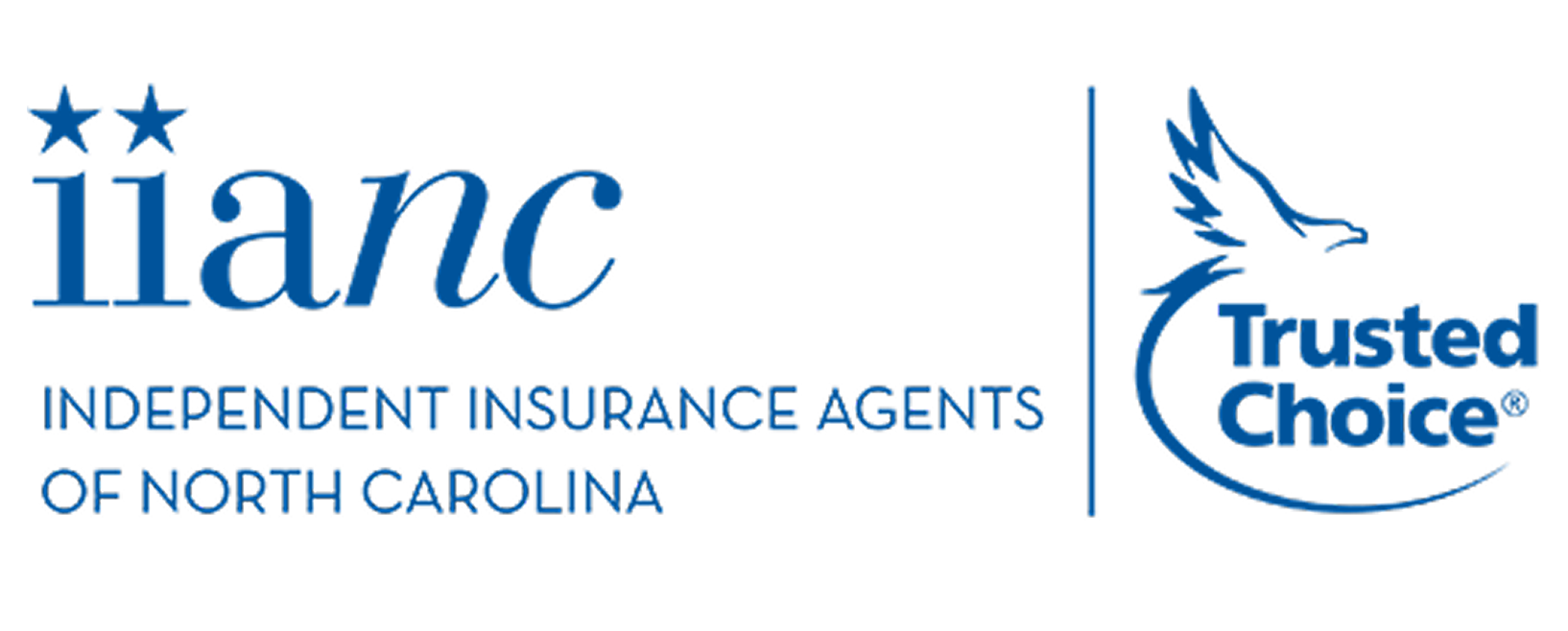
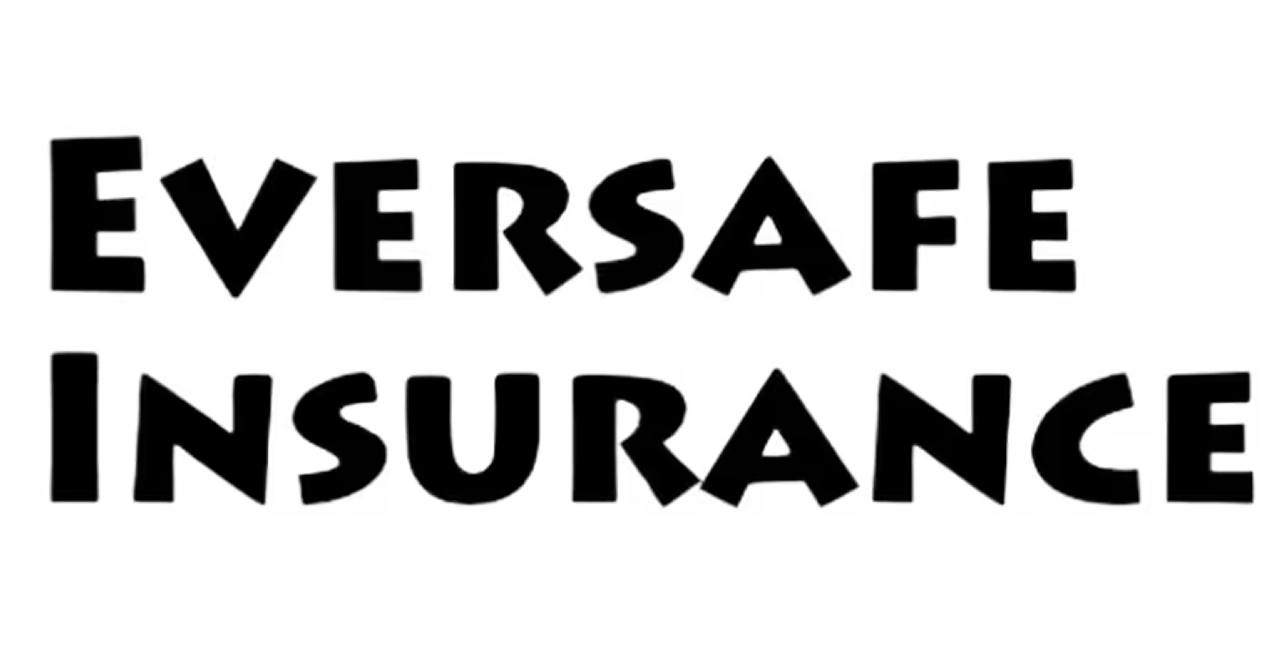

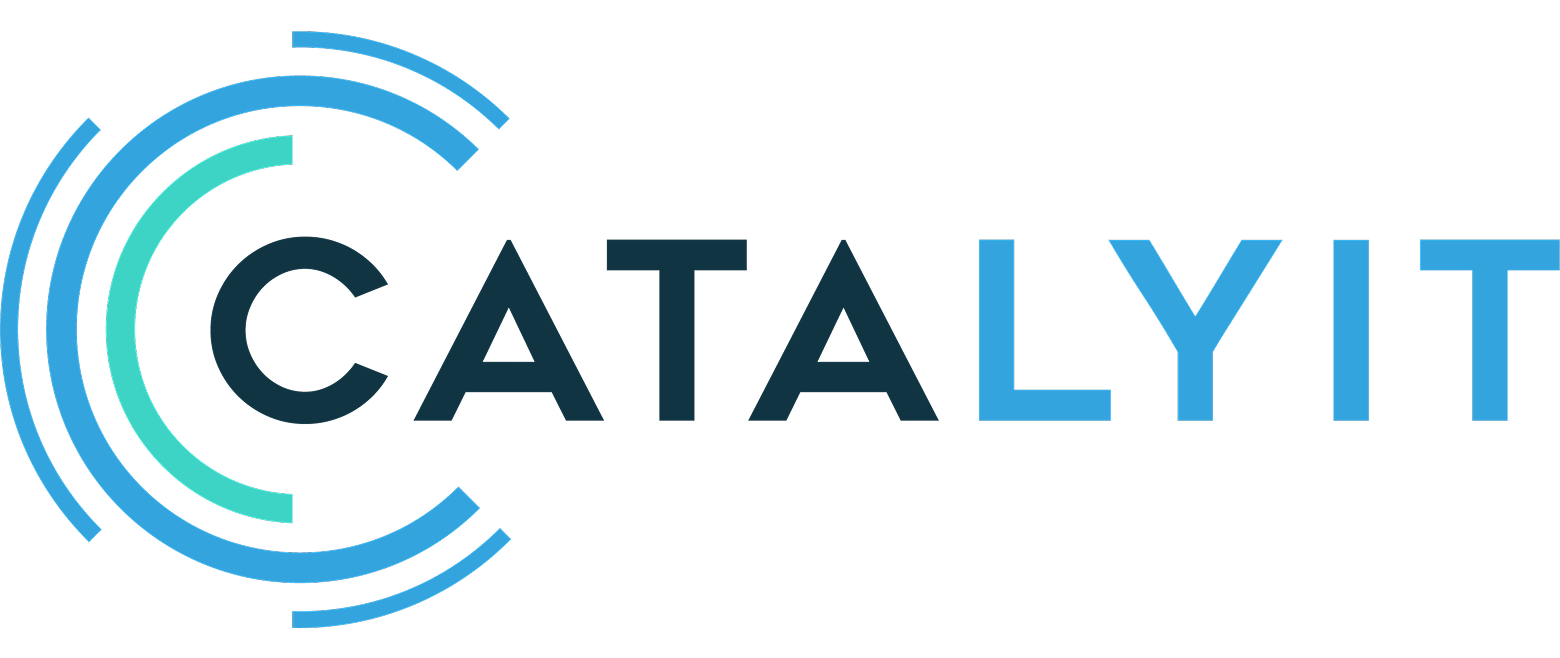


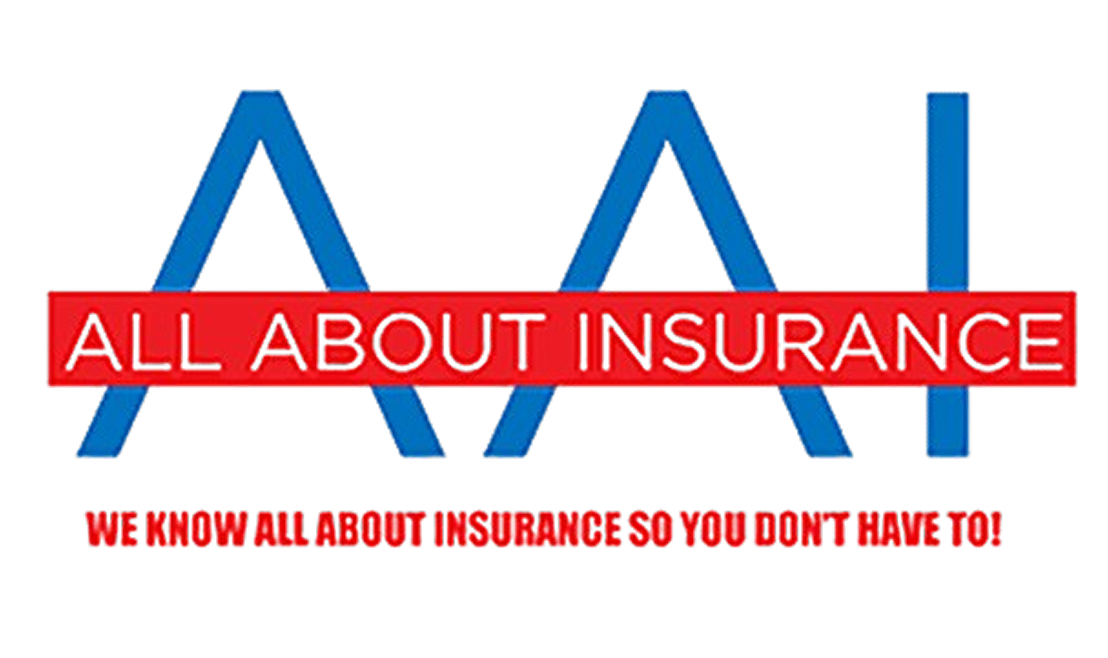

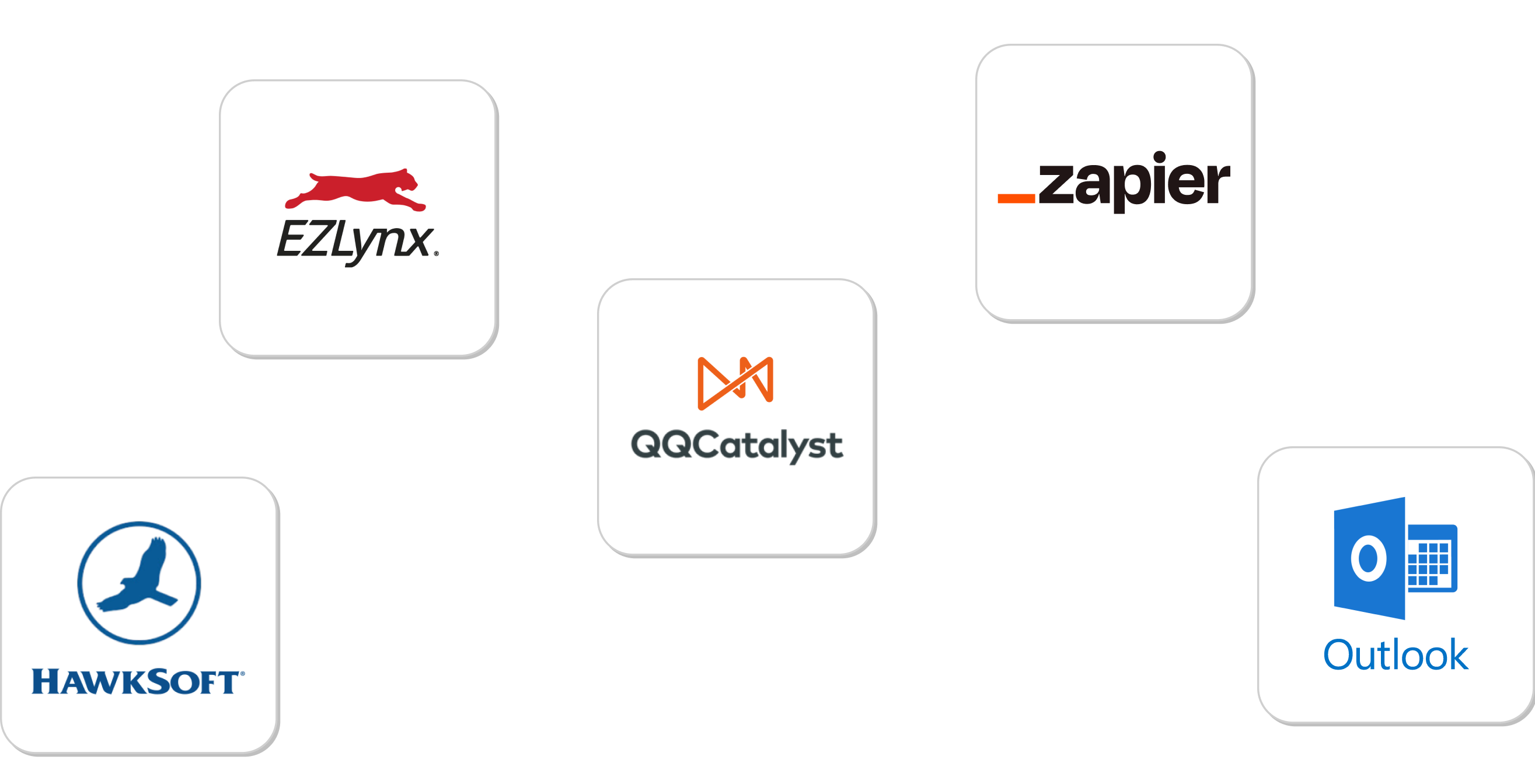



%201.avif)
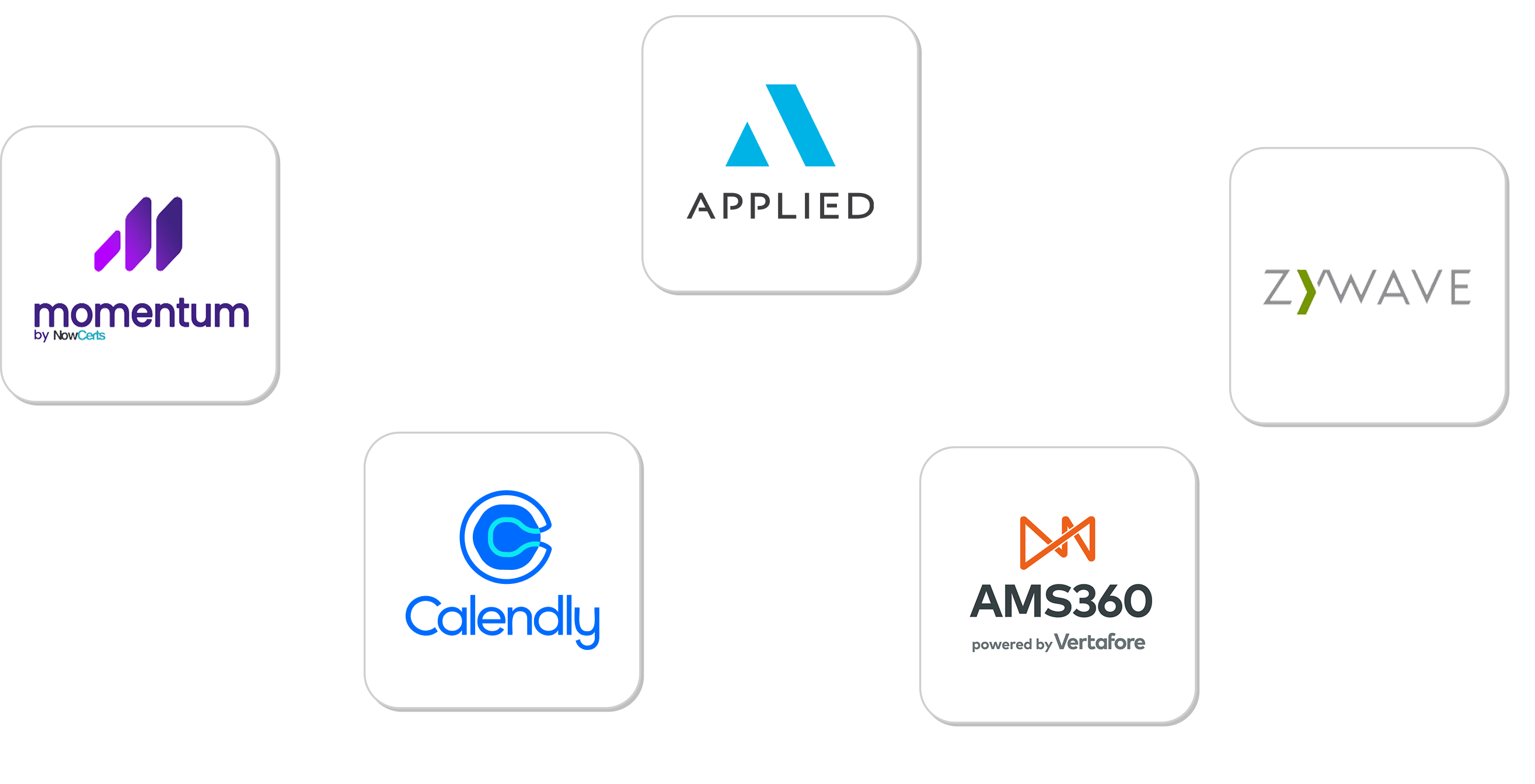
%201.avif)
%201%20(1).avif)
%201.avif)
%201.avif)